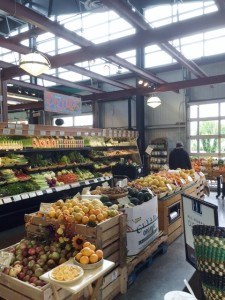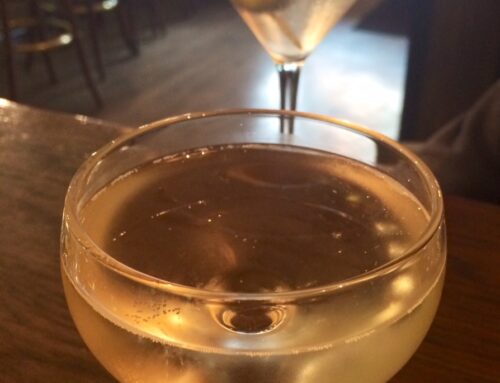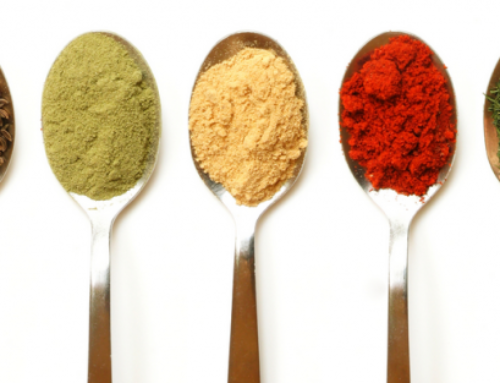
Like many people, I shop at a natural health food store because I believe the quality of the products is better than a conventional grocery store. And I’m willing to pay for it. When I imagine where these products come from, my mind conjures up free-range cows, cozy family gardens and beer fermented in small batches. Unfortunately, my images are idealized. This is not to say that there isn’t milk from free-range cows and the beer isn’t fermented in small batches, but for the most part (and this may surprise you), the products come from the Big Food companies. Believe it or not, Big Food companies dominate the store shelves!
After 20 years of owning a business that sells to natural grocery stores, I see small artisan businesses that are committed to quality and sustainability, removed from shelves in favor of products made by large corporations. While not all stores are doing this, if it’s a Big Box health food store, you can bet it’s happening. And the trend has gained momentum in the last decade. Sure you can still find local granola; but when weighed against all the other cereals on the shelf, the local granola takes up a fraction of the space.
My conclusion? I need to know just as much about the products I buy in a natural grocery store as I would in a conventional grocery store. Maybe even more! In a conventional grocery store, the product ownership isn’t deceptive. When you buy Corn Flakes from Kellogg’s the box says so. In a health food store, when you buy Bear Naked Granola, you don’t know it’s owned by Kellogg’s since the packaging doesn’t say so. Watch this amazing video by the Cornucopia Institute on the deception of cereals. I’m assuming that Kellogg’s did not put its name on the Bear Naked Granola packaging, because most of us shopping in a health food store wouldn’t buy it. We don’t believe Kellogg’s has in mind our best interest. Especially when they support GMOs.
It’s proven that when large corporations buy an organic brand with a loyal following— say Tom’s Toothpaste— that large corporation (Colgate) changes the formula to include cheaper ingredients (sodium laurel sulfite) in order to increase their profits. It’s the reason Gary Erickson of Clif Bar didn’t sell to Quaker Oats. He knew his whole brand would change. You can read more about Erickson and his book, Raising the Bar: Integrity and Passion in Life and Business: The Story of Clif Bar Inc.
So where am I going with all this? I’m beginning to review health food stores across the country. From coops to Whole Foods to Earth Fare (if you live on the East Coast) and Natural Grocers (if you live on the West Coast). I want to compare how these stores are managed and who owns the product stocked on the shelves. In addition, I’m searching for the highest quality products that may not make it to your health food store because of the numerous hurdles small businesses have to jump through to get on the shelves. Some of these products can only be found regionally and others only online.
Bottom line: If you pay more for your food because you shop in a health food store, you want to know it is a quality product. Not just some clever branding that catches your eye. I’m out to distinguish the difference.
Final Note: There are a lot of fabulous health food stores out there. I’m exploring what makes them different from the current direction most health food stores are heading.






In the DC area, My Organic Market (MOM’s) is the way to go. I still enjoy WF but no longer consider it a health food store.
Hi Jill – I’ve heard good things about MOMs. If you want to stay current on products sold in your health food store, Baraka founder Sue Libby has started a podcast called Health Store Rebel. She asks”How Healthy Is Your Health Food Store?” She interviews experts and reviews product quality. Check it out at http://www.HealthStoreRebel.org or on iTunes